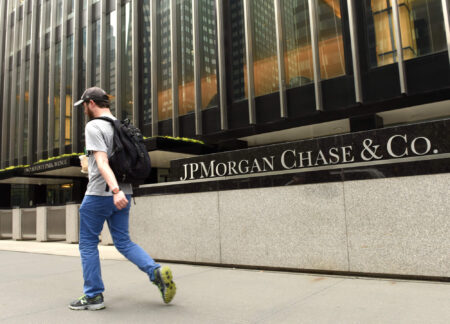End of November 2024, the US Court issued a landmark decision overturning sanctions imposed by the Office of Foreign Assets Control (OFAC) on immutable smart contracts related to the Tornado Cash mixer protocol. The trial of co-founder Roman Storm has been postponed until April 2025, facing up to 45 years if found guilty.
The decision marks a pivotal moment for the blockchain space, challenging regulatory boundaries and raising important questions about decentralized governance. Smart contracts are self-executing code that execute agreements or rules automatically, without the need for intermediaries. They are a fundamental element of blockchain technology, enabling decentralized applications (dApps). Immutable smart contracts, which are at the heart of the Tornado Cash case, are smart contracts that cannot be modified once they have been deployed. Their classification in the legal framework now sets an important precedent for future blockchain-based technologies.
OFAC's overreach and ongoing case against co-founders
On the same day that the Treasury Department's Office of Foreign Assets Control (OFAC) sanctioned Tornado Cash founders Roman Semenov and Roman Storm, the U.S. Department of Justice (DOJ) indicted and arrested them. They were charged with conspiracy to commit money laundering, operating an unlicensed money transmitter, and evading US sanctions. Following his arrest, Storm was released on $2 million bail. In early November, it was announced that Roman Storm's trial, originally scheduled for 2 December 2024 in New York, has been postponed until 14 April 2025.
Prosecutors allege that Storm helped launder more than $1 billion in illicit funds through Tornado Cash. The protocol became a popular tool for cybercriminals, including the North Korean-linked Lazarus Group, which laundered more than $455 million in cryptocurrency through the protocol. Storm and his co-founders profited from Tornado Cash's operations. In his defence, Storm argues that Tornado Cash is self-executing software that he cannot modify or control once deployed. He also claims that the code is protected as free speech under the First Amendment. The case may inspire further litigation, particularly in relation to DeFi platforms and other dApps. Regulators may need to adjust their approaches to better reflect technological realities.
Smart contracts are public tools, not property
Tornado Cash is a decentralized cryptocurrency mixer protocol running on Ethereum and other EVM-compatible blockchains. It allows users to deposit cryptocurrency into a shared pool and withdraw an equivalent amount to another address. This obscures the connection between the source and destination of funds, making it a target for money launderers.
The US Court of Appeals for the Fifth Circuit clarified that immutable smart contracts are not "property" under the International Emergency Economic Powers Act (IEEPA). Unlike traditional property, these contracts operate independently of human intervention. This classification removes them from OFAC's scope, which traditionally covers items that can be owned or controlled by a person or entity. The decision reflects the decentralized nature of blockchain technology and supports its autonomy and neutrality.
However, the Department of Justice (DOJ) argues that Roman Storm's protocol provided services that violated sanctions by facilitating illegal transfers and money laundering. This leaves room for further regulatory challenges targeting other components of the protocol or the team involved. OFAC retains the option to appeal this decision to the Supreme Court. Despite the regulatory uncertainty and the sanctioning of Tornado Cash in August 2022, the dApp has steadily regained popularity, as evidenced by the growing total volume locked (TVL), similar to the assets under management (AuM) metric.









